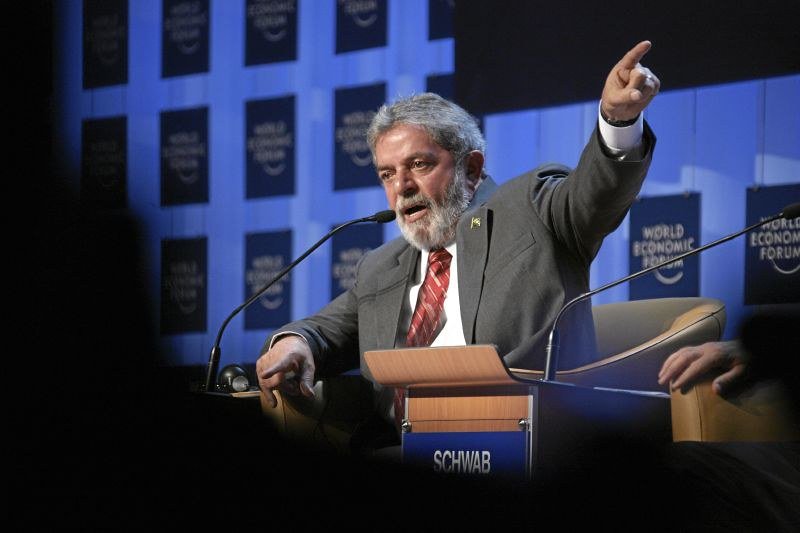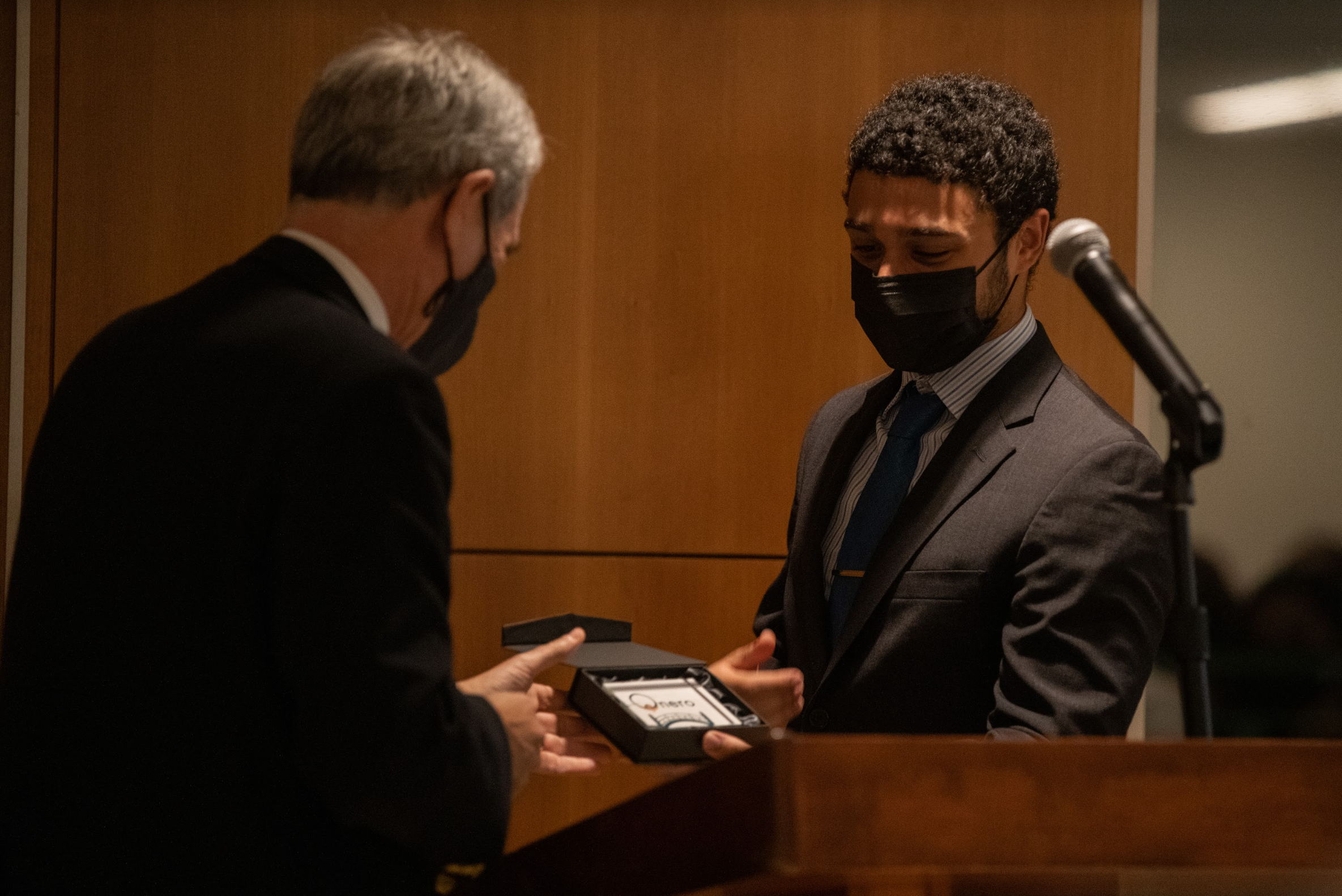Onero Research
Date Published
- December 2025
- November 2025
- August 2025
- July 2025
- June 2025
- May 2025
- April 2025
- March 2025
- February 2025
- January 2025
- December 2024
- November 2024
- October 2024
- September 2024
- August 2024
- July 2024
- June 2024
- March 2024
- February 2024
- October 2023
- March 2023
- February 2023
- January 2023
- November 2022
- October 2022
- January 2022
- November 2021
- October 2021
- August 2021
- July 2021
- March 2021
- September 2020
- August 2020
- July 2020
- February 2020
The Threat of Mining within Panamá
PANAMA — “We have unanimously decided to declare the entire law 406 unconditional,” said the Supreme Court president Maria Eugenia Lopez. After months of endless protest, Central America’s Largest open-pit copper mine has finally closed. How did Panamá get here? There is a complex and politically draining history regarding mining in Panamá. Operated by First Quantum Minerals, a Canadian-owned mining company contracted at the Cobre Panamá Mine had established roots in the Spring of 2013. Establishing itself in the Colon Province, the Canadian 34,000-acre project (bigger than the city of Manhattan) progressed in 2017 and was soon deemed unconstitutional by Panama’s Supreme Court. To uphold this ruling a fresh draft was made and passed through the Panamanian government as Law 406 on October 20th, 2023 marking the final step in revisiting the legal structure for the Cobre Panama Mine.
Caribbean Youth against Heat Waves: Climate Justice, and Energy Restructuring
With global temperatures rising to unseen levels, the Caribbean lies at the center of the impact and the center of youth agency for climate change action. The summer of 2023 in the Northern Hemisphere broke historic heat levels and set itself as the hottest summer on record,[1] underscoring the Caribbean's susceptibility to climate challenges. UN Secretary-General António Guterres described the region as ‘ground zero’ for the international climate emergency.[2] Due to extreme climate conditions, students protested in Puerto Rico for air conditioning during heat waves. This civic engagement highlighted the responsibility of that “climate resilience” effort from younger generations to restructure approaches using schools to claim climate justice by refurbishing policies.
The Impact of Rising Violence on Indigenous Communities and Indigenous Women in Colombia
Colombia has a long history of violence and conflict, including the well-known period called “La Violencia” between 1948 and 1957. Since then, international actors and the Colombian government have attempted to minimize the level of violence within the country, but fell short of making an effective change. Through the attempts these governments and organizations have made, including the 2016 Peace Deal between the government and the Revolutionary Armed Forces of Colombia (FARC), they have routinely mismanaged solutions and created more unrest and anger from the public and guerilla groups. In these situations of overwhelming violence, it is essential to recognize that Colombia’s marginalized communities have faced the worst impacts. Despite indigenous people having the right to their lands and to practice their traditions and culture as per the Constitution of 1991, they are still actively discriminated against in Colombia’s exclusive and traditional society. Not only do indigenous people face rampant discrimination in Colombia, but indigenous women are disproportionately impacted by the surges of violence and are ignored by most international communities and the local and federal governments.
2 Months (and a half) of Brazil’s new Foreign Policy
Over the past years, Jair Bolsonaro has made significant and controversial changes to Brazilian politics. However, in the 2022 election, Brazil pivoted towards a more established leader as Luis Inacio “Lula” da Silva, who had previously served as President, was elected. Given Lula's contrasting leadership style compared to Bolsonaro and his experience serving as President in two different decades, it is crucial to examine Brazil's foreign policy and consider how Lula's foreign policy will differ or align with previous trajectories.
The Rise of Digital Currency in Developing Nations: The Failing Case of El Salvador’s Push for Bitcoin
On June 5, 2021 history was made in El Salvador as president Nayib Bukele’s government passed the unprecedented Bitcoin Law that permanently adjusted the future of cryptocurrencies on an international scale. Beginning September 7, 2021 the new official currency of El Salvador was permitted for the sale and purchase of anything and everything including meals at restaurants, taxes, and even buying and selling property. Under this new law, all establishments in El Salvador are required to take Bitcoin as a form of payment for any and all transactions tendered within the country. This new law presents a fascinating opportunity to ponder the new standard for cryptocurrencies around the world and their status in the daily lives of many living around the world.
Lenin Moreno’s Path to the Middle: An Institutional Development Model for Ecuador
This paper explores three development models and their impact on Ecuador’s development over the past 20 years. COVID-19 presents a huge crisis for the developing country - but also a chance to change. The institutional development model provides middle-ground institutional incrementalism. In a region battered by crisis, will Moreno consider a shift in his neoliberal crusade, or will the country continue to be engulfed in social unrest?
El Virus, el Bloqueo, y los Ideólogos: U.S. Sanctions on Venezuela and Pandemic Politics
U.S. justifications for increasing sanctions on Venezuela in recent months have been ideological as well as humanitarian. Venezuela, which has experienced a shocking descent into political and economic chaos over the past decade, has a history of emancipatory struggle and socialist revolution which informs every decision U.S. policy architects make when dealing with the turbulent country. Under President Trump’s administration, the strength of the United States’ capitalist and democratic convictions has collided with the authoritarian, centralized nature of the Maduro regime in a way that has exacerbated, rather than alleviated, the immense stress on the Venezuelan population. Combined with the devastating effects of the COVID-19 pandemic, these sanctions and ideological battles are proving deadly to the country’s citizens and its budding government opposition. The Critical Theory of International Relations demands that we as Americans re-evaluate our attitude towards Venezuela, keeping in mind the moral responsibilities we have to encourage freedom and justice. It is time to heed the call of a new moral expectation: to relieve Venezuelans’ suffering and rewrite our policies in a new era of global challenges.









